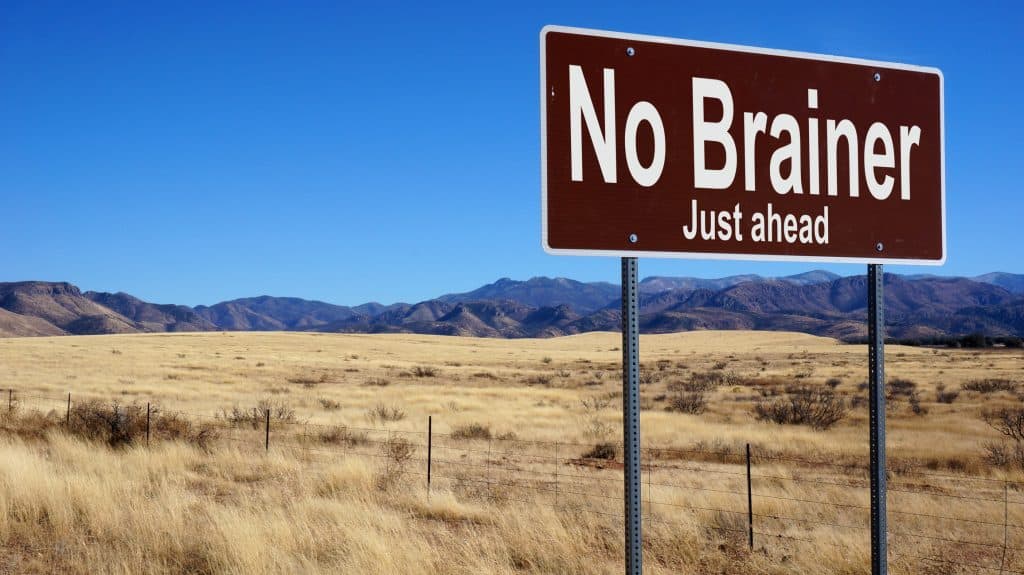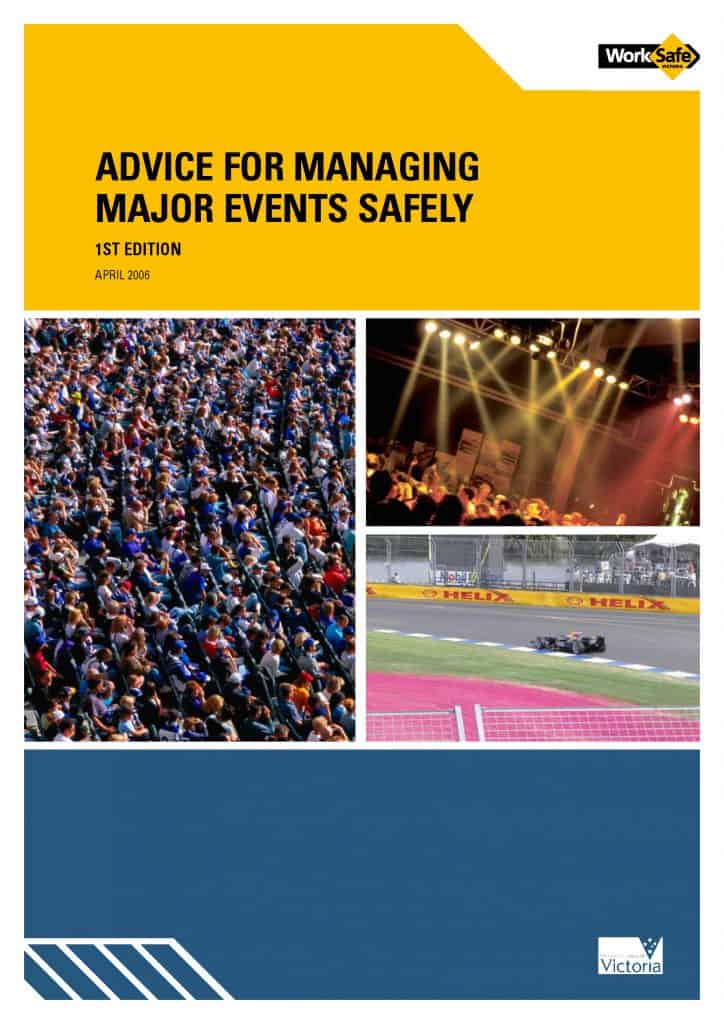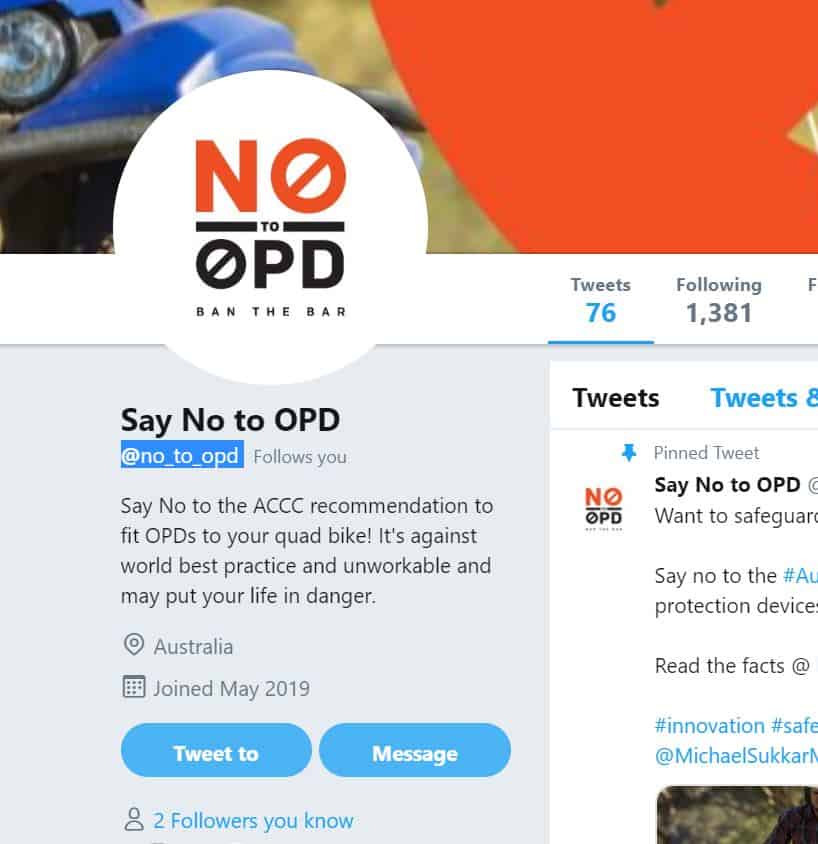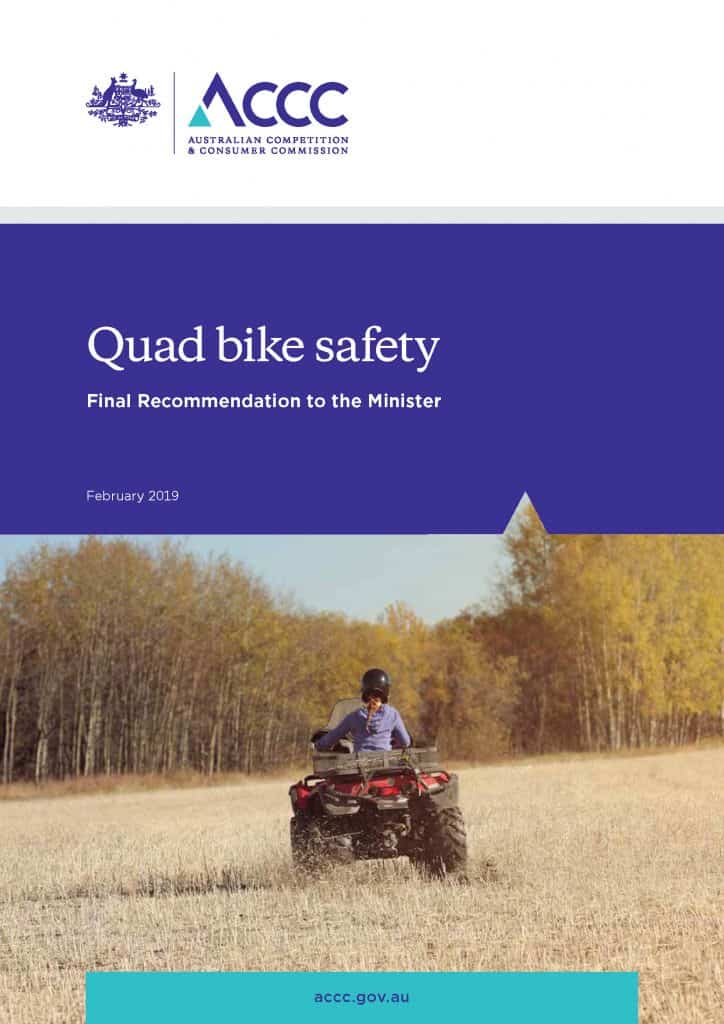
The occupational health and safety (OHS) risks associated with the COVID19 induced working situations are well established although still not easily or readily controlled. Some countries are starting to emerge from the enforced lockdowns and isolations and need to restart work. This emergence will be faced by almost all countries to differing extents and OHS and infection control will be integral to how this occurs.
Recently NPR’s Ailsa Chang spoke with Eva Dou of The Washington Post about the re-emergence of Foxconn in China, a company famous for manufacturing iPhones and for a spate of work-related suicides






